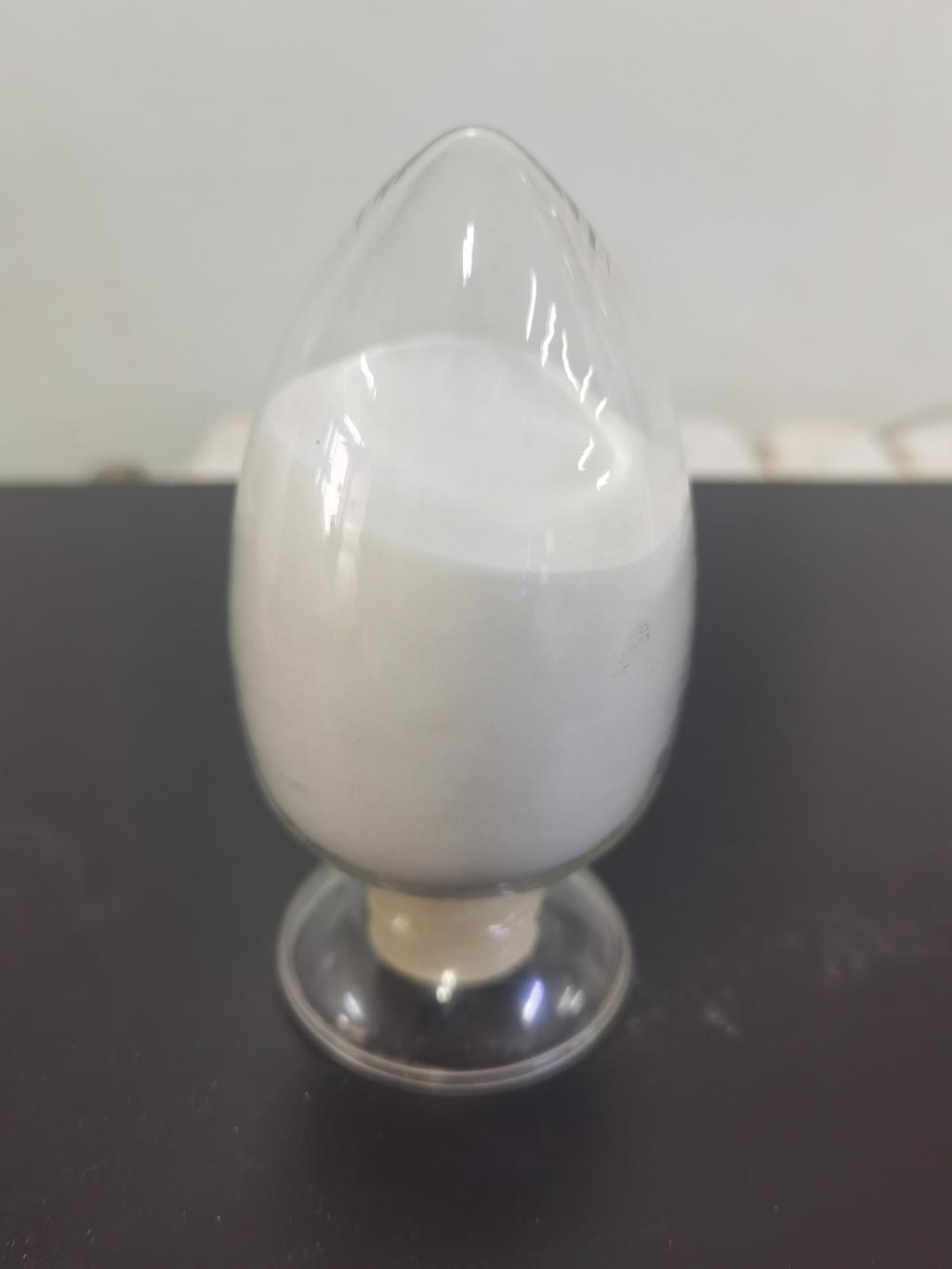Tel:+8618231198596

News
 CONTACT
CONTACT
 CONTACT
CONTACT
- Linkman:Linda Yao
- Tel: +8618231198596
- Email:linda.yao@dcpharma.cn
- Linkman:CHARLES.WANG
- Department:Overseas
- Tel: 0086 0311-85537378 0086 0311-85539701
News
Current Position:
Home >
News
>Agriculture's Sustainable Future: ε-Polylysine Hydrochloride as a Solution
Agriculture's Sustainable Future: ε-Polylysine Hydrochloride as a Solution
TIME:2024-01-09
Soil Health and Sustainable Agriculture:
The health of soil is paramount for sustainable agriculture. Traditional farming practices, including the use of synthetic fertilizers and pesticides, can degrade soil quality over time. ε-Polylysine hydrochloride, with its natural origin and antimicrobial properties, offers a potential solution. Research indicates its positive impact on soil microbial communities, promoting a balanced and healthy soil environment that enhances nutrient availability for plants.
Natural Biopolymer in Crop Protection:
Crop protection is a critical aspect of agriculture, and ε-Polylysine hydrochloride holds promise as a natural biopolymer for this purpose. Its antimicrobial activity can help control the growth of plant pathogens, reducing the reliance on synthetic pesticides. The use of ε-Polylysine hydrochloride aligns with the principles of integrated pest management (IPM), contributing to a more sustainable and ecologically balanced approach to crop protection.
Minimizing Environmental Impact:
The environmental impact of traditional agricultural practices, such as the runoff of synthetic chemicals into water bodies, is a growing concern. By integrating ε-Polylysine hydrochloride into agricultural practices, there is an opportunity to minimize this impact. Its biodegradability ensures that it breaks down into environmentally benign components, reducing the risk of long-term ecological harm.
Enhancing Crop Yield and Quality:
ε-Polylysine hydrochloride's role in enhancing soil health and protecting crops extends to its potential impact on crop yield and quality. By promoting a healthier soil microbiome and protecting plants from pathogens, it creates conditions conducive to optimal growth. This, in turn, may contribute to increased crop yields and improved overall crop quality.
Sustainable Food Preservation in Agriculture:
Beyond the fields, ε-Polylysine hydrochloride has applications in sustainable food preservation, contributing to the reduction of food waste. By inhibiting the growth of spoilage microorganisms, it can extend the shelf life of agricultural products, from fruits and vegetables to processed foods. This aligns with the broader goal of creating a more sustainable and efficient food supply chain.
Challenges and Research Frontiers:
While the potential of ε-Polylysine hydrochloride in agriculture is evident, challenges such as formulation stability, cost-effectiveness, and large-scale applicability need to be addressed. Ongoing research is essential to optimize its use in different agricultural settings and to develop innovative solutions that overcome existing limitations.
Integration into Sustainable Farming Practices:
The successful integration of ε-Polylysine hydrochloride into sustainable farming practices requires collaboration between researchers, farmers, and industry stakeholders. Educational initiatives and awareness campaigns can play a vital role in promoting the benefits of this natural biopolymer and encouraging its adoption among farmers seeking more sustainable alternatives.
Regulatory Considerations:
As with any agricultural innovation, regulatory considerations are crucial. Ensuring that ε-Polylysine hydrochloride meets safety and efficacy standards is essential for its acceptance and widespread use. Regulatory bodies, industry associations, and researchers must work collaboratively to establish guidelines and standards for the incorporation of ε-Polylysine hydrochloride in agriculture.
Economic Viability and Farmer Adoption:
The economic viability of adopting ε-Polylysine hydrochloride in agriculture is a key factor in its success. While initial costs may be a consideration, the potential long-term benefits in terms of improved soil health, reduced need for synthetic inputs, and increased crop yields may make it an economically attractive option for farmers committed to sustainable practices.
A Vision for Agriculture's Sustainable Future:
In envisioning agriculture's sustainable future, ε-Polylysine hydrochloride emerges as a versatile and eco-friendly solution. From nurturing soil health to protecting crops and preserving food, its potential applications span the entire agricultural value chain. As the world faces the challenges of feeding a growing population while safeguarding the environment, ε-Polylysine hydrochloride stands as a beacon of innovation, offering a sustainable path forward for the agricultural industry. Through continued research, collaboration, and adoption, ε-Polylysine hydrochloride can contribute significantly to the transformation of agriculture into a more sustainable and resilient system that meets the needs of the present without compromising the ability of future generations to meet their own.
- Tel:+8618231198596
- Whatsapp:18231198596
- Chat With Skype







